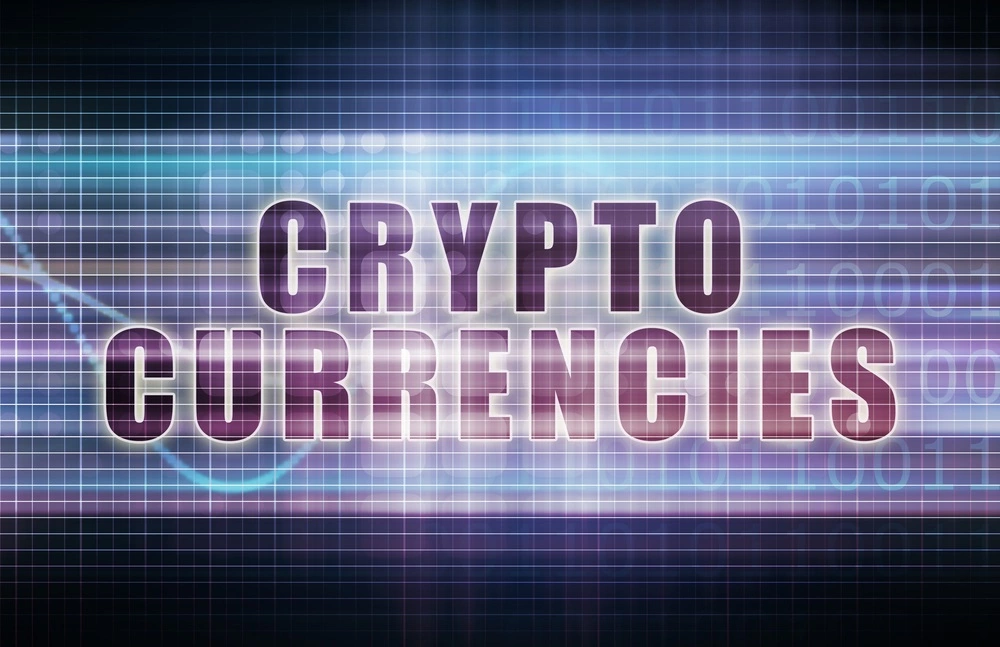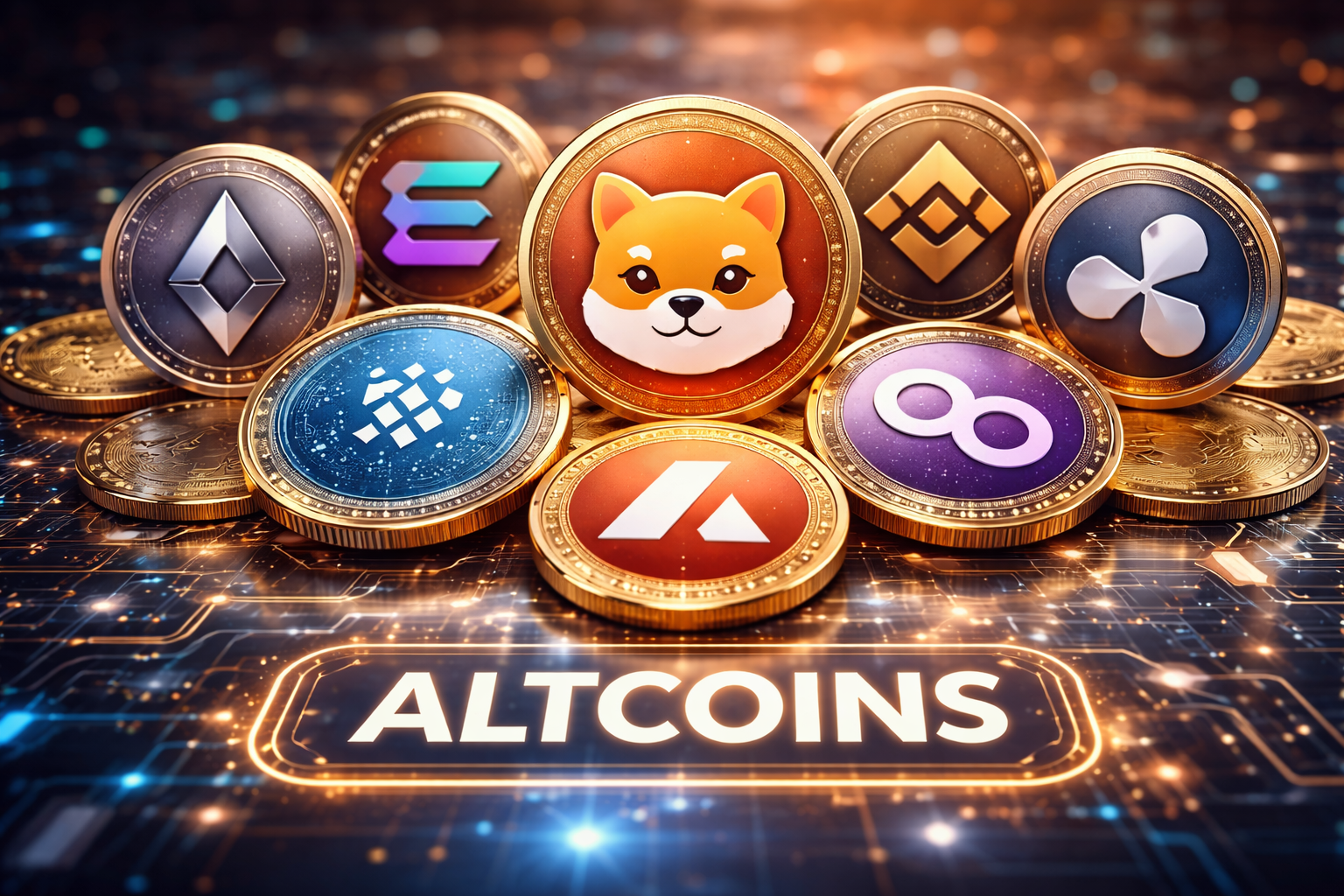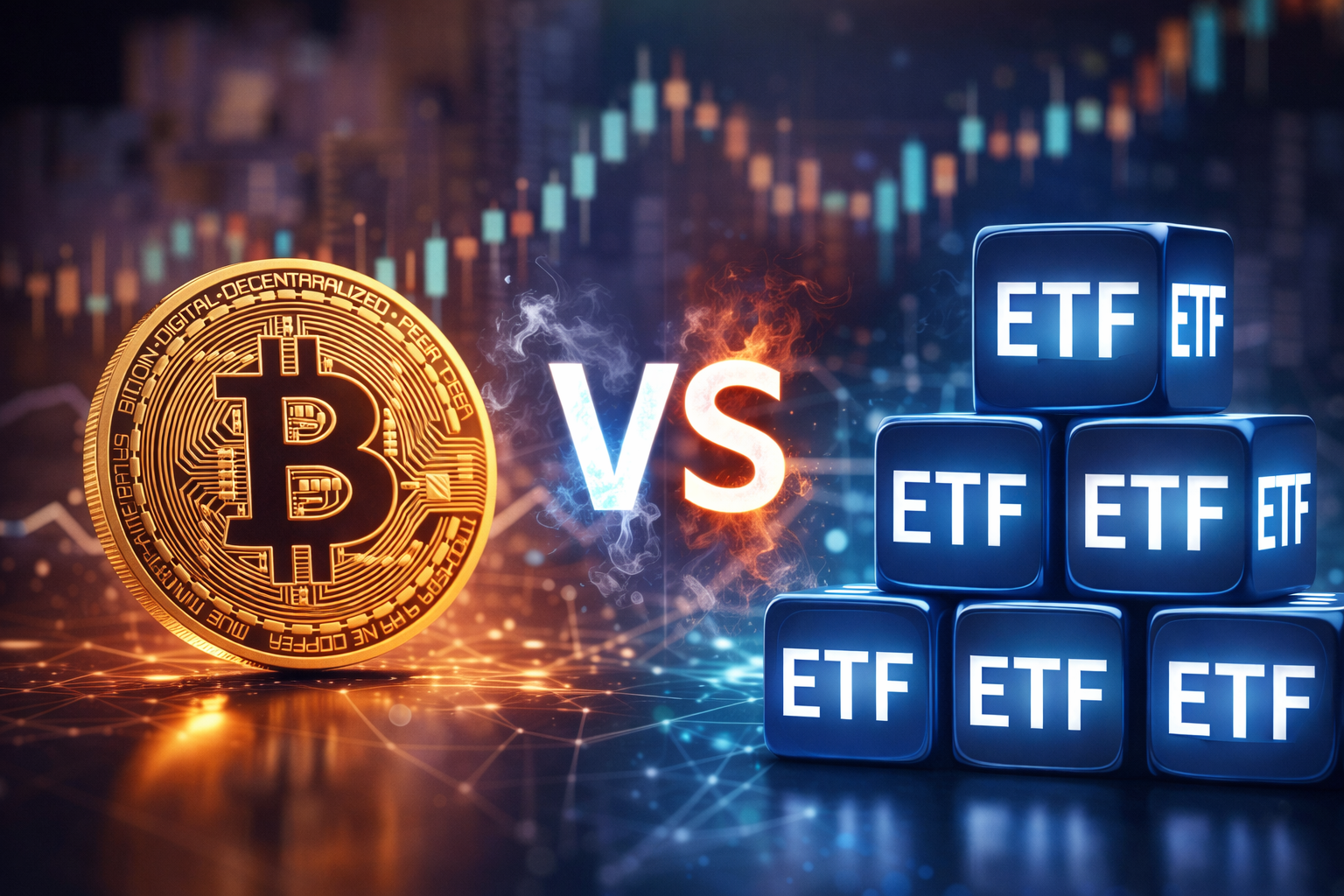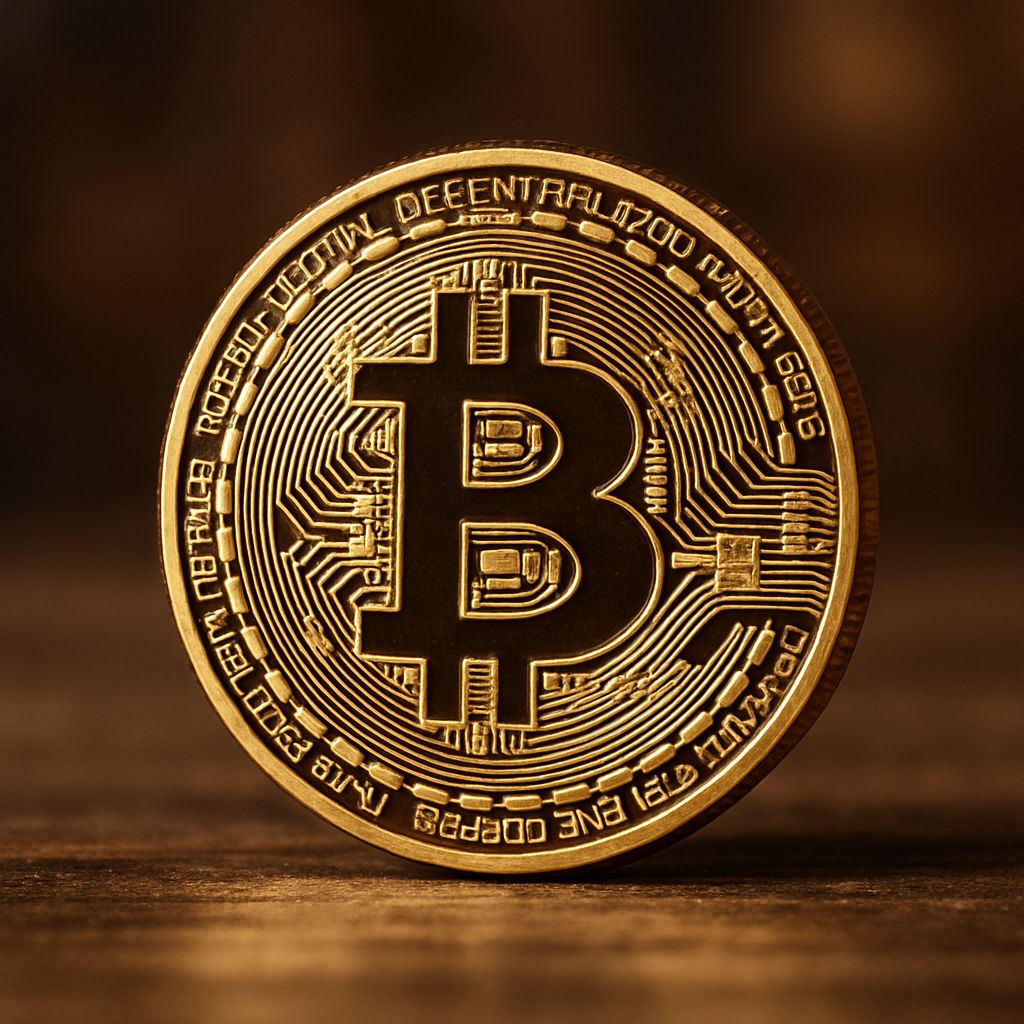David Agullo
Bridging the Gap Between Fiat and Cryptocurrencies

Cryptocurrencies News – In 1990, an electronic money organization called DigiCash was launched. DigiCash filed for financial protection in 1998. In 1996, e-gold turned into the first broadly utilized web money and was closed by the US Government in 2008.
For both of these organizations, the possibility that digital money would take over the world was just a fantasy. Presently, the world works with 92% digital money, and just 8% actual currency.
The transition may have required almost twenty years, but with changing requests and innovation, transitioning between types of currency and payment is occurring at a faster rate than at any other time.
Recently, individuals are looking to expand beyond fiat money, and into digital currency. It has become essential to bridge the gap between these two, to guarantee long-term feasibility.
Fiat currency versus digital currency
Fiat currency is money that has been set up as money with value, normally by an administration. It only has esteem because its value is maintained by an administration or because its value is conceded to by parties participating in its trade.
Digital currency, however, is a digital asset that works as a mechanism of trade, utilizing cryptography to get financial transactions. Digital money’s worth is controlled by the organic market, so the cryptography utilized also controls the formation of extra units of digital currency.
Fiat currency is monitored by different guidelines, guaranteeing its worth stays steady and every exchange can be followed and represented. Cryptocurrency is now unregulated, and its value can be unpredictable. Besides, digital currency exchanges are untraceable, with just the sender and recipient realizing the specific exchange details.
A convergence of currency
When you set off to purchase bitcoin, you can exchange fiat currency for the digital currency in certain trades. However, different trades anticipate that you should utilize Bitcoin to purchase cryptocurrencies. if you are a novice to the universe of cryptocurrency, clearly you would have to trade your dollars or euros for some Bitcoin or other currency.
When you have a beginning in the realm of cryptocurrency, you can utilize Bitcoin or Ethereum to purchase digital currencies. There is a severe verification process to meet all requirements to do this. However, if you purchase a digital money wallet, it may be simpler.
Exchanging Fiat currency for digital currency is beneficial since digital currency generally has a higher worth than increases quickly. This can make it incredible for speculations.
Bridging the gap
While having a bank account and a debit card or Mastercard can permit you to buy cryptocurrency, it is made simpler if you have a digital currency wallet. A few wallets permit you to just store your digital money, implying that you need to explore between your digital (bank) wallet and your crypto wallet each time you make a trade.
Other wallets, like Skrill, are presently bridging the gap between the physical, computerized, and digital currency worlds. By permitting every one of your monetary forms to be accessible in one place, these wallets mean you are just making a solitary venture for currency storage.
Moreover, because the makers of wallets, for example, these have an enormous number of years of involvement backing them, you can make certain to realize your money is protected, regardless of which form it is.
Extraordinary benefits
In connecting the gaps among fiat and cryptocurrencies, various benefits make themselves clear. One of the best of these is maintenance in monetary value.
When you trade money, you pay the forex authority a specific charge for exchanging your money. By utilizing digital currency instead, you are saving money on these trade charges.
Latest
Blockchain
06 Feb 2026
Blockchain
05 Feb 2026
Blockchain
03 Feb 2026
Blockchain
20 Jun 2024
Blockchain
09 May 2024
Blockchain
19 Apr 2024













